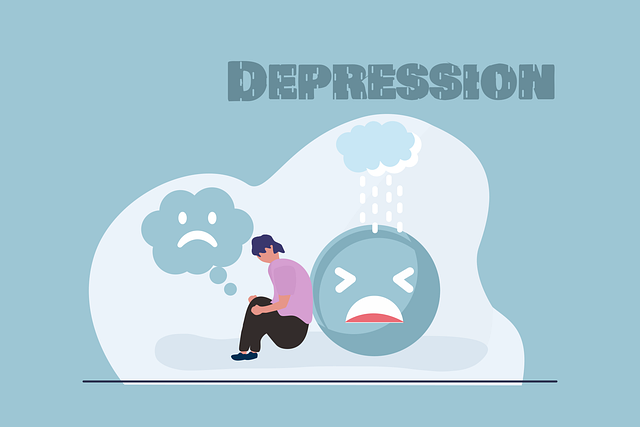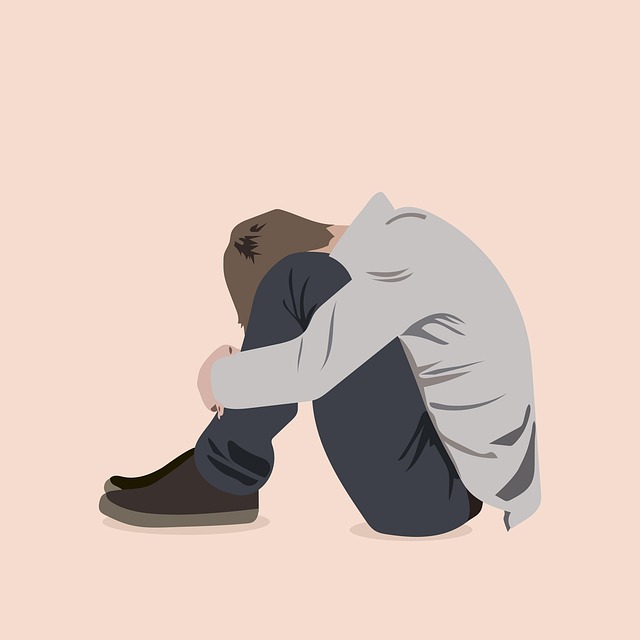In today’s fast-paced world, where productivity is often glorified and self-care is treated as an afterthought, burnout has become a pervasive issue. Whether you’re juggling work deadlines, personal responsibilities, or societal pressures, the cumulative stress can take a toll on your mental, emotional, and physical well-being. Burnout isn’t just feeling tired—it’s a state of chronic exhaustion that affects your ability to function effectively. Recognizing the signs of burnout early is crucial to preventing long-term damage and reclaiming balance in your life. In this article, we’ll explore what burnout is, its warning signs, and how to address it.
What Is Burnout?
Burnout is more than just stress; it’s a specific syndrome characterized by overwhelming exhaustion, detachment, and a sense of ineffectiveness. First identified in the 1970s by psychologist Herbert Freudenberger, burnout typically arises from prolonged exposure to unmanaged stress, particularly in high-pressure environments like work or caregiving roles. Unlike temporary stress, which can be alleviated with rest, burnout lingers and requires intentional intervention to resolve.
The World Health Organization (WHO) officially recognized burnout as an occupational phenomenon in 2019, defining it as “a syndrome conceptualized as resulting from chronic workplace stress that has not been successfully managed.” While burnout often stems from professional demands, it can also occur in other areas of life, such as parenting, caregiving, or academic pursuits.
The Three Dimensions of Burnout
According to the WHO, burnout manifests in three key dimensions:
- Exhaustion : Feeling physically, mentally, and emotionally drained, even after rest.
- Cynicism (Detachment) : Developing a negative or indifferent attitude toward tasks, colleagues, or responsibilities.
- Reduced Efficacy : Experiencing a decline in performance, focus, or confidence in your abilities.
Understanding these dimensions can help you identify whether what you’re experiencing is stress or full-blown burnout.
Signs and Symptoms of Burnout
Burnout doesn’t happen overnight. It builds gradually, often creeping into your life without you realizing it. Here are some common signs to watch for:
1. Physical Symptoms
- Chronic fatigue: Feeling tired all the time, even after a full night’s sleep.
- Frequent headaches or muscle pain: Stress-induced tension can manifest as physical discomfort.
- Weakened immune system: You may find yourself getting sick more often due to prolonged stress.
- Changes in sleep patterns: Difficulty falling asleep, staying asleep, or oversleeping.
2. Emotional Symptoms
- Irritability: Feeling easily annoyed or frustrated by small things.
- Lack of motivation: Struggling to start or complete tasks that were once manageable.
- Feelings of hopelessness: A pervasive sense that nothing will improve or matter.
- Emotional numbness: Feeling disconnected from your emotions or unable to enjoy activities you once loved.
3. Cognitive Symptoms
- Difficulty concentrating: Finding it hard to focus or make decisions.
- Memory problems: Forgetting important details or appointments.
- Negative self-talk: Constantly criticizing yourself or doubting your abilities.
4. Behavioral Symptoms
- Procrastination: Avoiding tasks or responsibilities because they feel overwhelming.
- Withdrawal: Isolating yourself from friends, family, or social activities.
- Increased reliance on unhealthy coping mechanisms: Turning to alcohol, junk food, or excessive screen time to escape stress.
Common Causes of Burnout
While burnout can affect anyone, certain factors increase the risk:
- Workplace Stressors :
- Unrealistic expectations or heavy workloads.
- Lack of control over decisions or autonomy.
- Poor communication or support from supervisors.
- Toxic work environments or interpersonal conflicts.
- Lifestyle Factors :
- Overcommitting to obligations without setting boundaries.
- Neglecting self-care or relaxation.
- Balancing multiple roles (e.g., work, parenting, caregiving).
- Personality Traits :
- Perfectionism: Setting impossibly high standards for yourself.
- People-pleasing: Prioritizing others’ needs at the expense of your own.
- Low resilience: Struggling to adapt to challenges or setbacks.
How to Address Burnout
If you recognize the signs of burnout in yourself, don’t panic—it’s not too late to take action. Here are some steps to help you recover and prevent future episodes:
1. Acknowledge the Problem
The first step is admitting that you’re struggling. Denial only prolongs the cycle of burnout. Be honest with yourself about the impact it’s having on your life.
2. Set Boundaries
Learn to say “no” when necessary. Overcommitting is a major contributor to burnout. Prioritize your most important tasks and delegate or postpone less critical ones.
3. Practice Self-Care
Make time for activities that recharge your batteries, whether it’s exercise, meditation, reading, or spending time with loved ones. Self-care isn’t selfish—it’s essential.
4. Seek Support
Talk to someone you trust about how you’re feeling. This could be a friend, family member, therapist, or support group. Sharing your struggles can lighten the emotional load.
5. Reevaluate Your Goals
Are your goals aligned with your values and priorities? Sometimes burnout occurs because we’re chasing objectives that don’t truly fulfill us. Reflect on what matters most and adjust accordingly.
6. Improve Sleep Hygiene
Quality sleep is vital for recovery. Establish a consistent bedtime routine, limit screen time before bed, and create a restful environment to promote better sleep.
7. Take Breaks
Short breaks throughout the day can help reset your mind. Consider taking a vacation or sabbatical if possible. Even a weekend getaway can provide much-needed perspective.
8. Address Workplace Issues
If your job is the primary source of burnout, have an open conversation with your manager about workload, expectations, or flexibility. If the environment is toxic and unchangeable, it may be time to consider alternative employment.
Preventing Burnout Before It Starts
Prevention is always better than cure. Here are some strategies to safeguard against burnout:
- Prioritize Balance : Strive for a healthy mix of work, leisure, and rest in your daily life.
- Practice Mindfulness : Meditation, deep breathing, or yoga can help you stay grounded and manage stress.
- Celebrate Small Wins : Focus on progress rather than perfection. Rewarding yourself for accomplishments, no matter how small, boosts morale.
- Stay Connected : Nurture relationships with supportive people who uplift and inspire you.
- Know Your Limits : Understand what you can realistically handle and communicate those limits clearly.
When to Seek Professional Help
If burnout persists despite your efforts, or if it begins to interfere significantly with your daily life, it’s important to seek professional help. A therapist or counselor can provide tools and strategies to manage stress and rebuild resilience. In severe cases, burnout can lead to depression or anxiety, which may require additional treatment.








